I’ve recently been told that I use the words “insane” and “amazing” too much in these blogs — thanks mom, appreciate the edits :). But I can’t think of any words that better describe this past month.
We recently visited Salima, on the shore of Lake Malawi (Africa’s largest body of water). But no swimming — apparently there have been some cases of a brain-eating bacteria, so not worth the risk! While in Salima, we got to talk to the Rice Research Institute about their international projects with the US and Philippines, as well as the Ministry of Fishing about what their challenges and successes as a department have been.
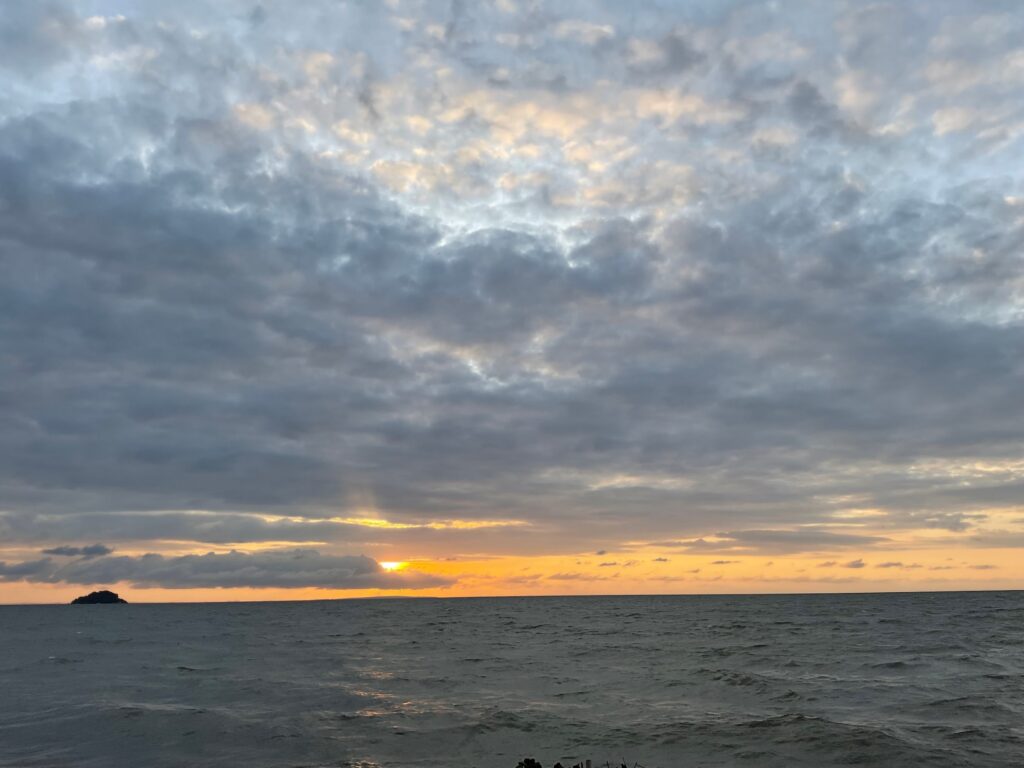
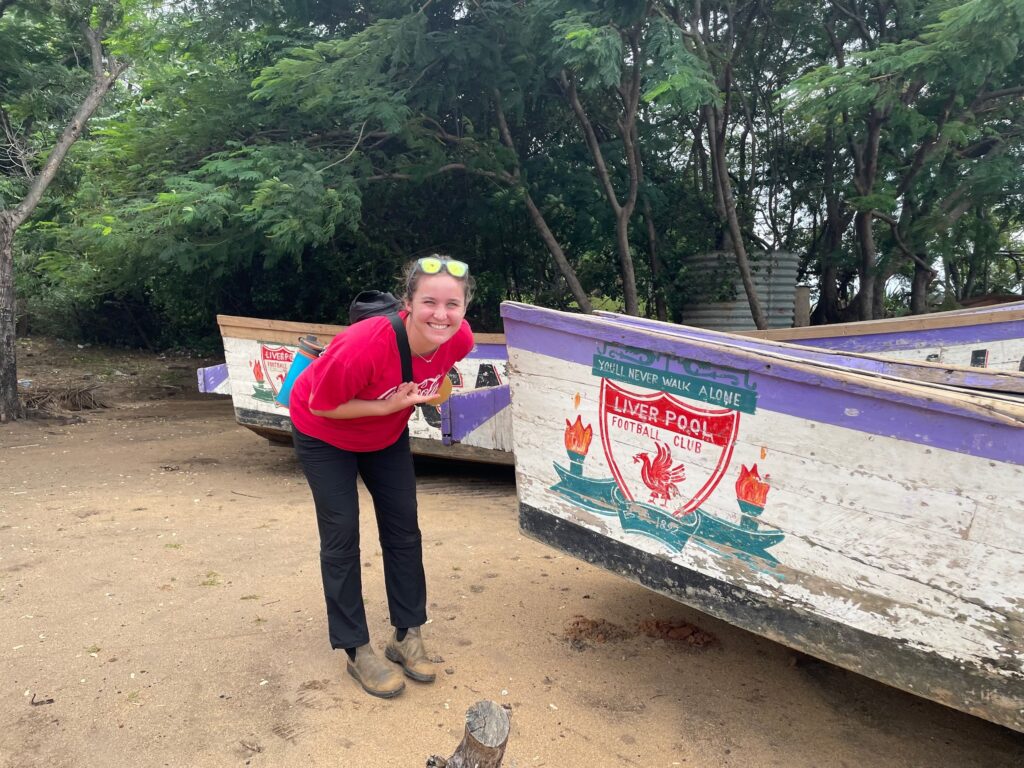

Over the course of our time in Malawi, we have spent about two weeks at the community center I mentioned in my last post (now with the update of getting bed bugs from there!), and have completed a two week rural homestay in Gowa, Ntcheu. The time we spent in Lilongwe, the capital, was spent interviewing big corporations like tobacco and commercial irrigation schemes, to better understand the struggles faced in the rural villages. In essence, do the policies and projects the bigwigs come up with actually help the impoverished smallholder populations? (spoiler alert: no they don’t). The Gowa homestay was like nothing I’d ever seen before. I want to preface explaining this experience by saying that I recognize what an immense privilege it is for me to be able to go into that situation knowing that I will in a few days leave. For the people that welcomed us into their homes, this is their every day and will likely continue to be for the rest of their lives.
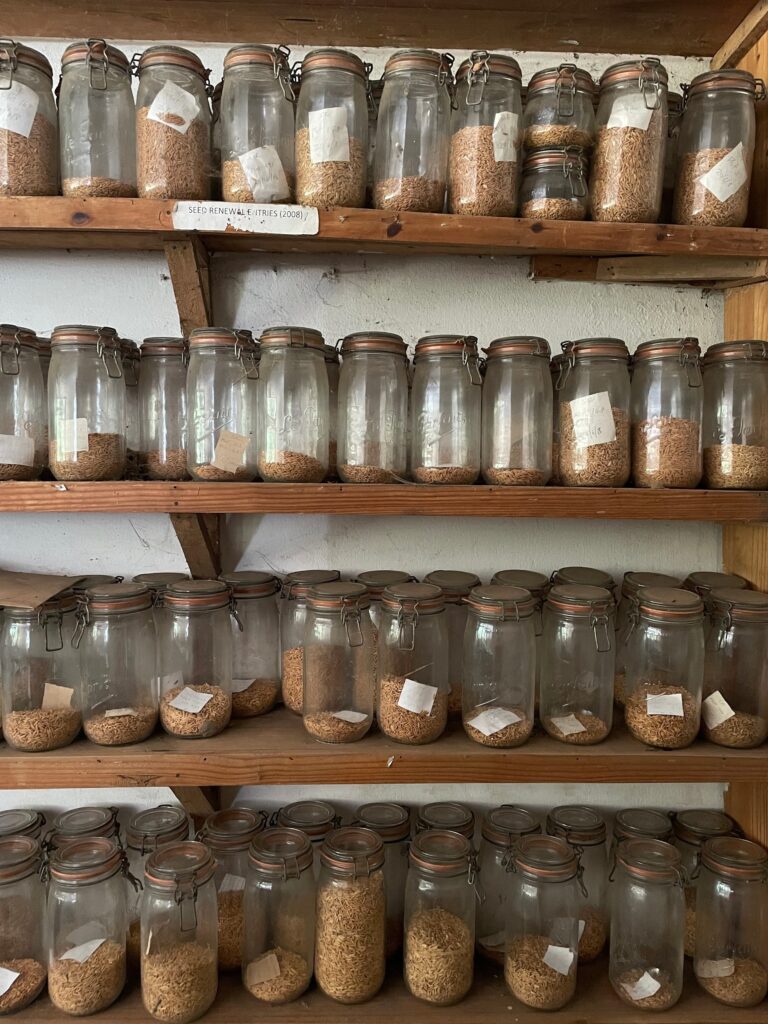
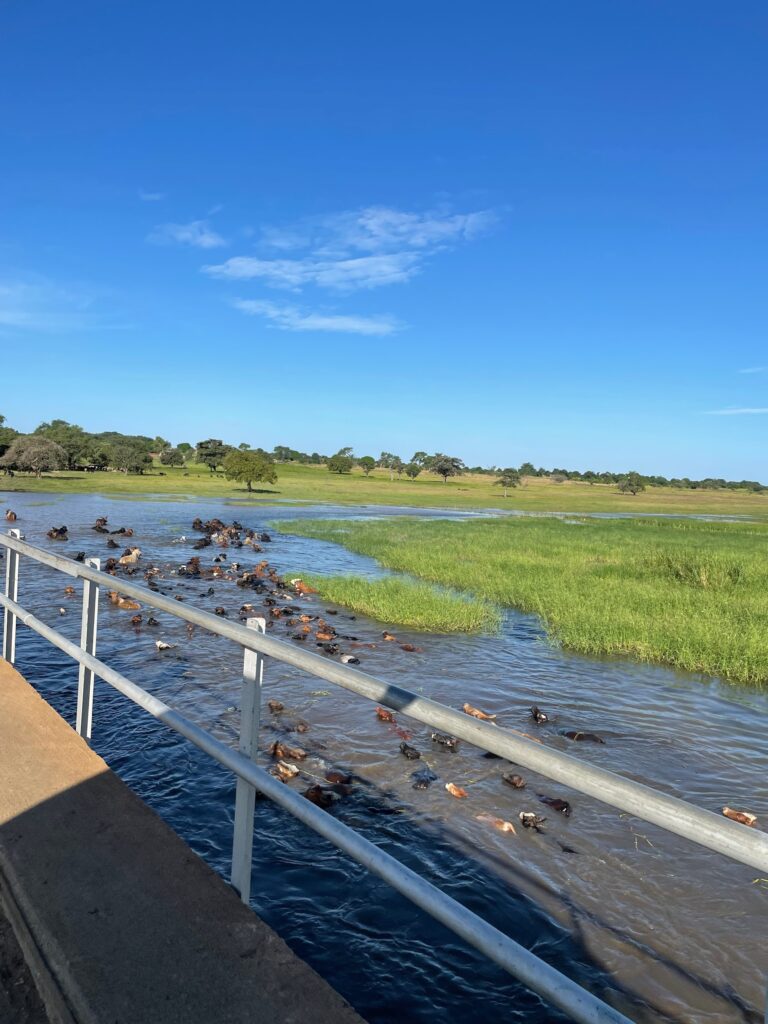
I’ll start by saying that the community was so welcoming and warm. Malawi is known as the “warm heart of Africa” for the friendliness of its people, which has proven to be true. Gowa in particular was the village where our Program Director did his Peace Corps service twenty years ago and has been working with ever since. When we first got to the village, we had to hike 5 miles into the Great Rift Valley and were immediately swarmed by maybe 100 children. My homestay was sharing a tiny room with another girl in the program and it was lovely. I spent a lot of time sitting on the porch of our house with my eight-year-old host sister learning songs and words in Chichewa, and exchanging fun clapping games.
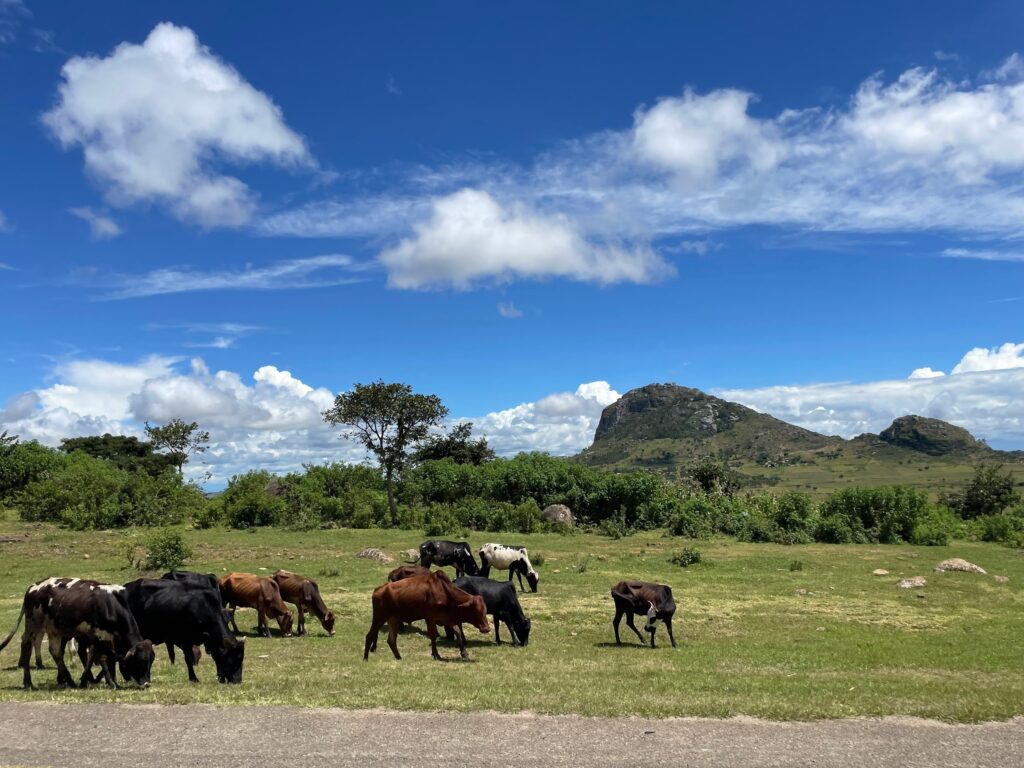
In the village, all of the buildings are made of mud brick and the roads are dirt. There is no running water and everyone grows their own food. The primary school has two buildings for 800 kids, with some walking 6-10km to get there. The water comes from solar pumps that were just installed a couple months ago, replacing the two boreholes that dry up every year due to a lowering water table. Malnutrition (especially in children) and disease (malaria, cholera, tuberculosis) run rampant. The gender stratification is real, with men doing white collar work, and women doing all the cooking, cleaning, child-raising, and most farm labor. In case it isn’t clear, life is not easy at all.
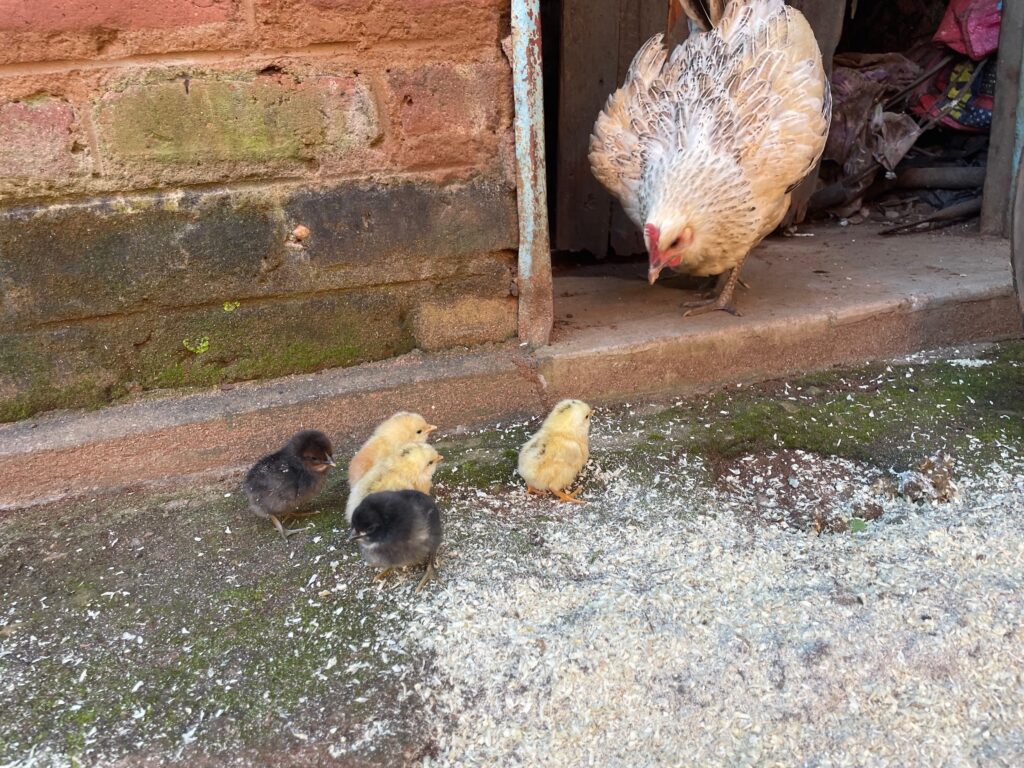
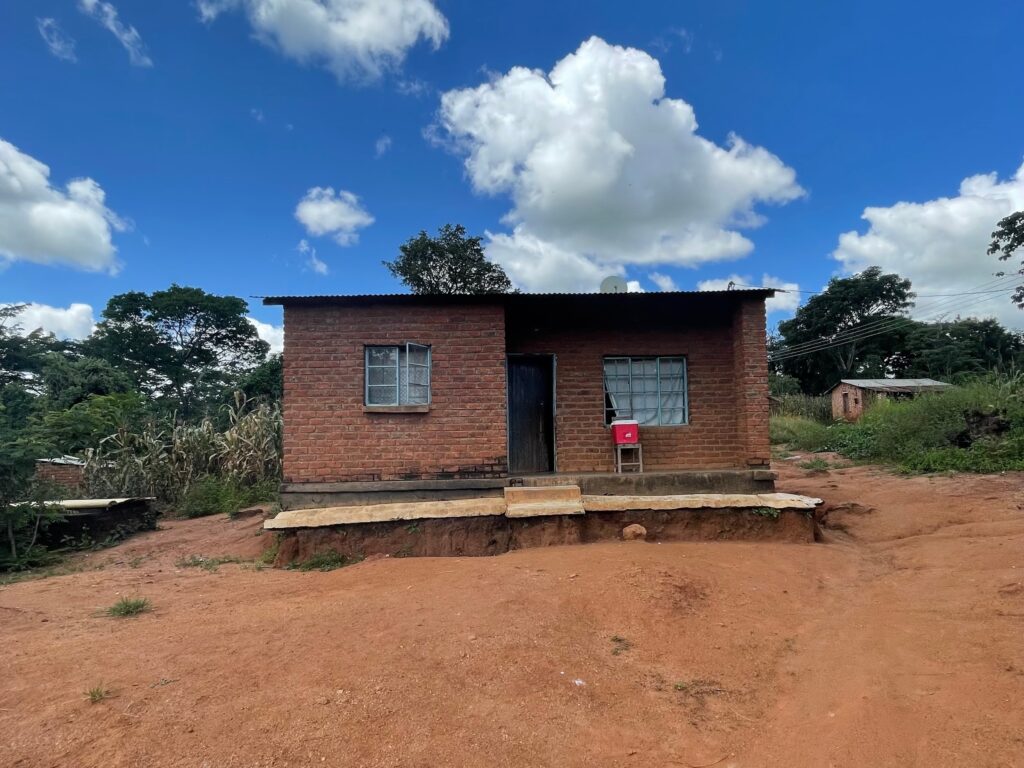
But to combat the commonly perpetuated image of Africa as so far behind the rest of the world, let me explain some of the other things that were happening in Gowa. There is working electricity and televisions; women have formed safe spaces in the children’s “under-5” malnutrition clinics and in monthly credit groups; a medical center that can distribute vaccinations, malnutrition aid, and maternity help is operational; a road connecting the village to the main highway has been made in order to allow for more traffic; and there’s a growing movement away from monocropping production, with education focusing on permaculture and diversification. I also really enjoyed their mandazi, or Malawian doughnuts!
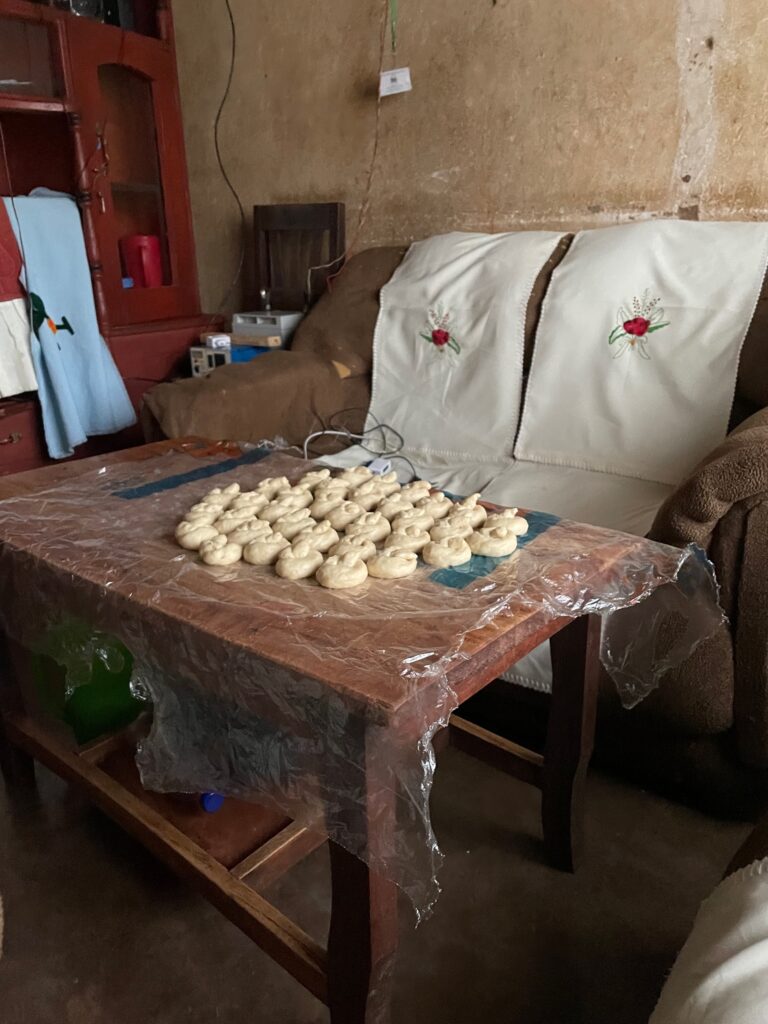
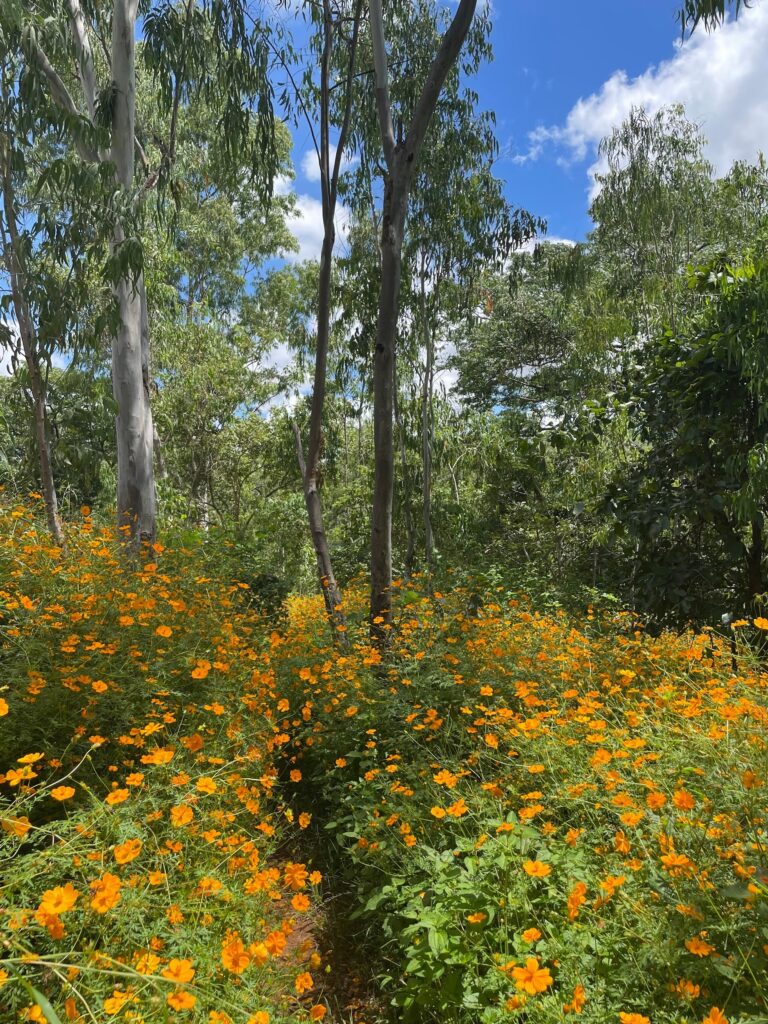
While in the village, we completed some anthropology assignments that helped us interact with our surroundings. One was making a covariation calendar after interviewing two people. I liked this because once all the information was collected, you could see how farming schedules, celebrations, and school calendars all line up in relation to the rainy and dry seasons. It was also very easy to see the effects of climate change, especially since it is currently supposed to be the end of the rainy season. But volatile recent weather patterns — like Cyclone Freddy — and unprecedented rains destroyed a lot of the harvest for the year and are causing other great problems for a lot of people in Malawi.
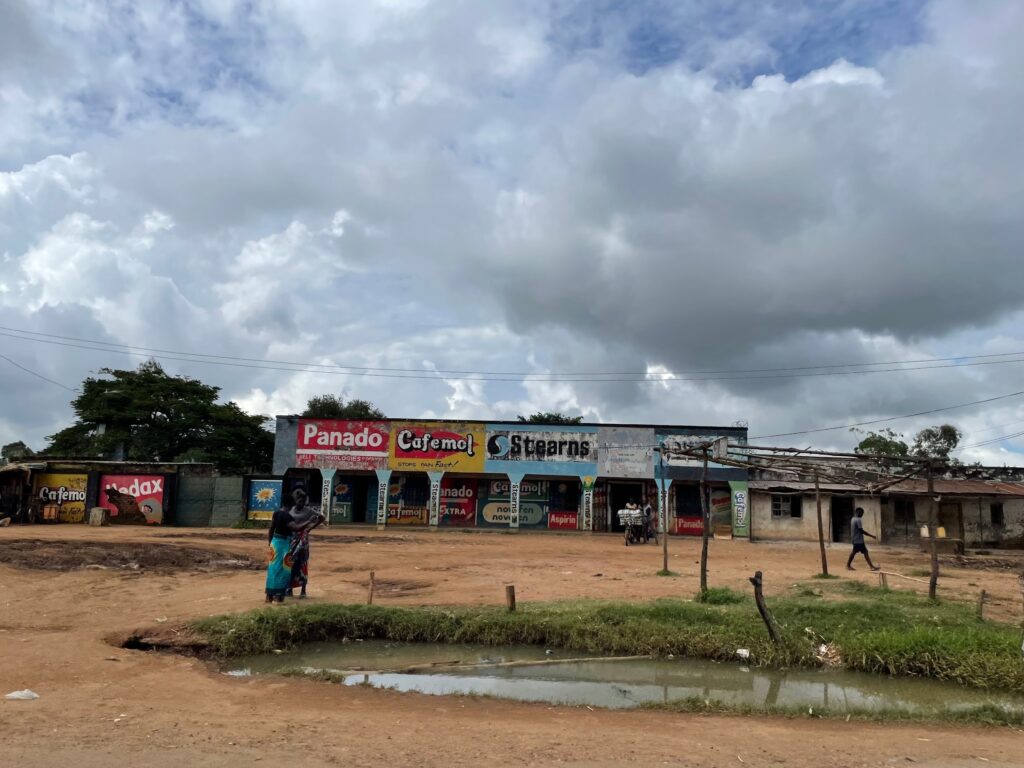
It’s a lot to process, but I’m grateful it happened. I don’t think I will understand the true value of what we experienced for a while. But now it’s off to Barcelona, Spain for the last leg of our program!
Until next time 🙂